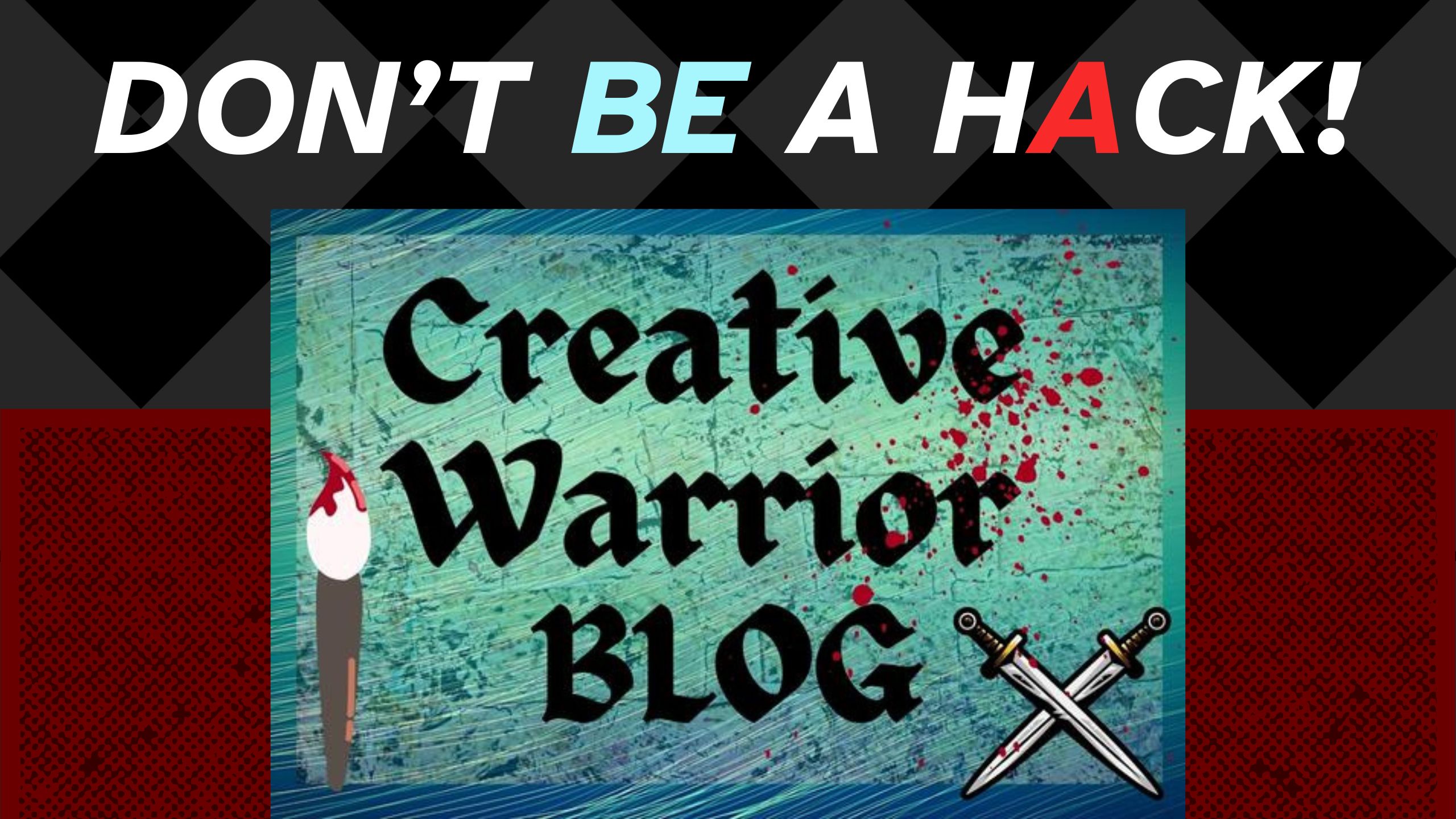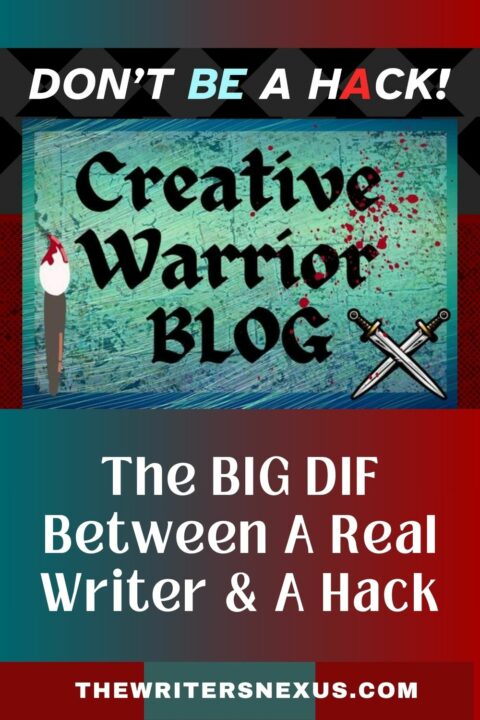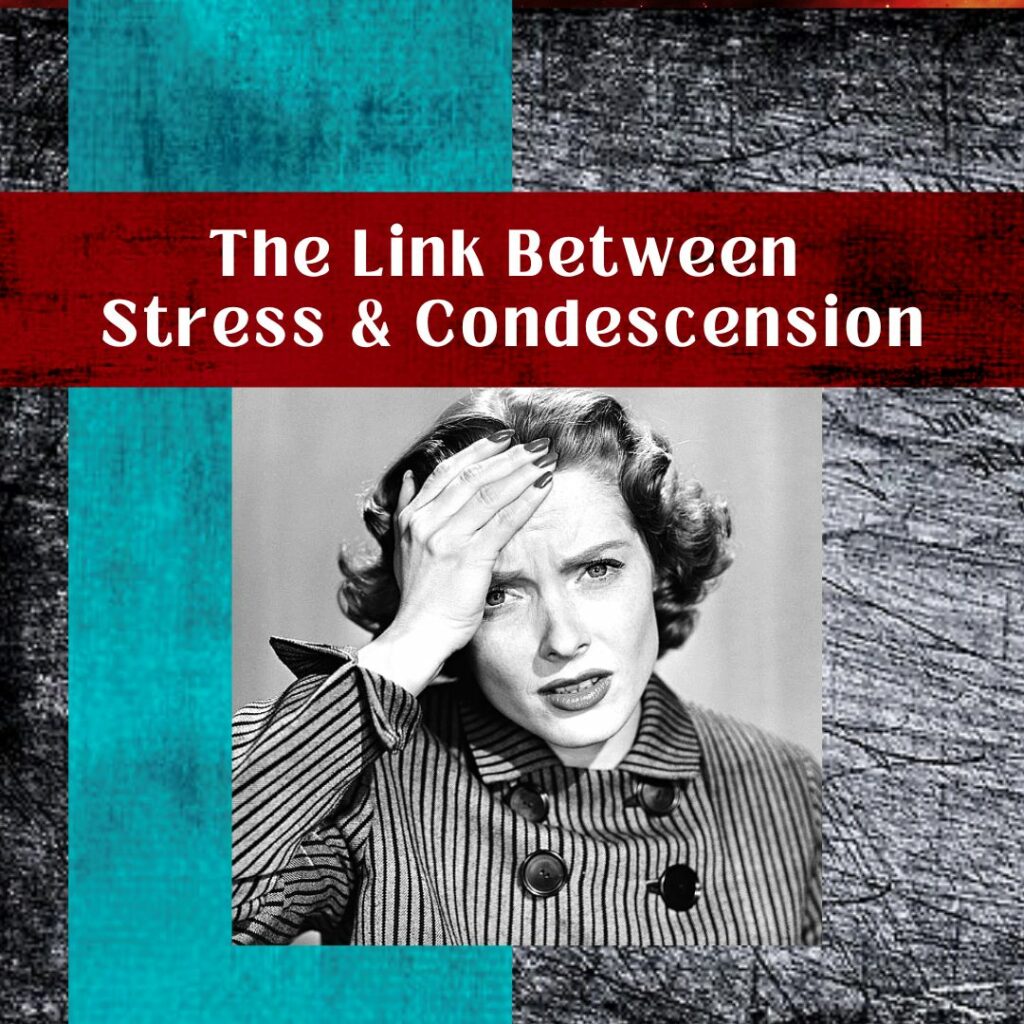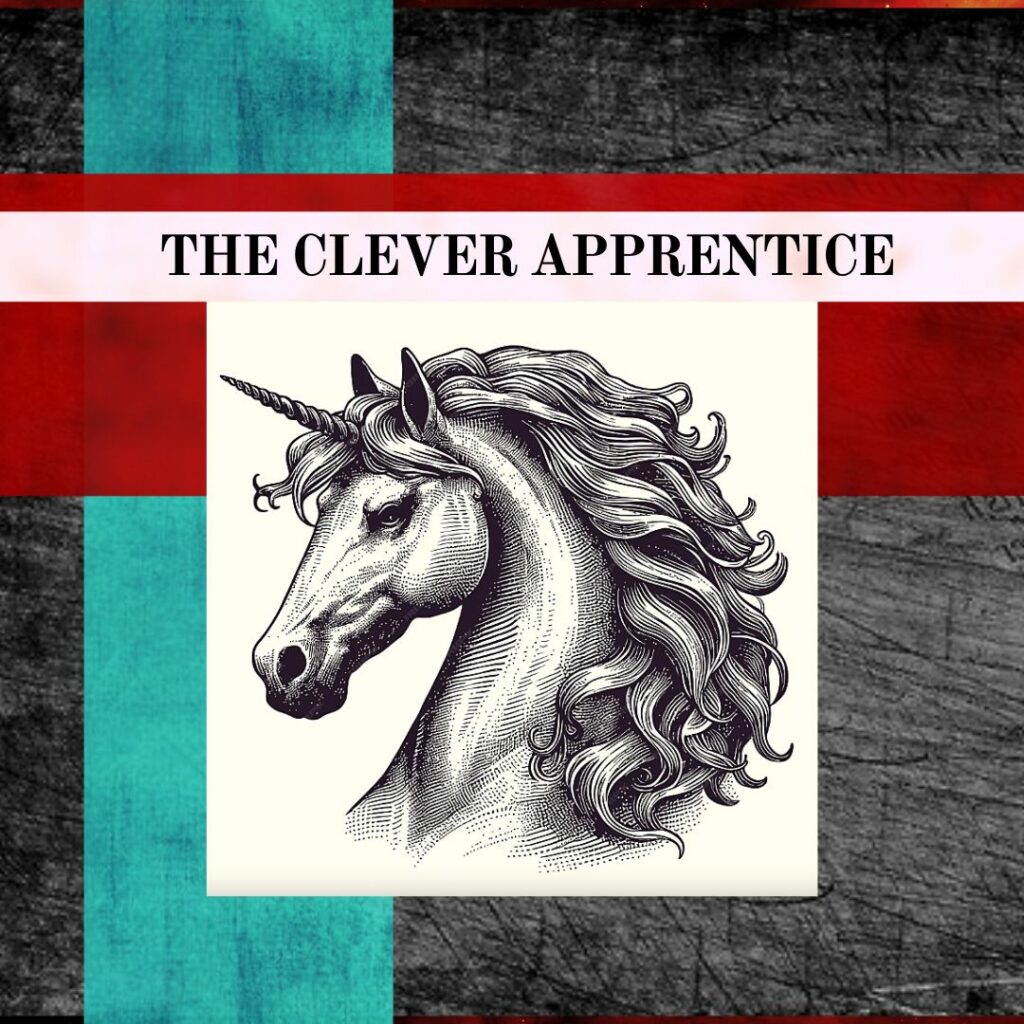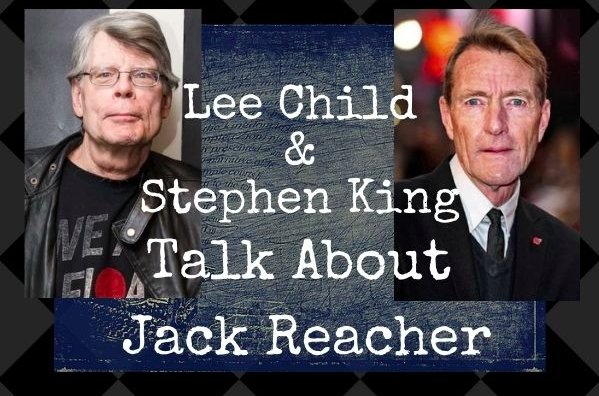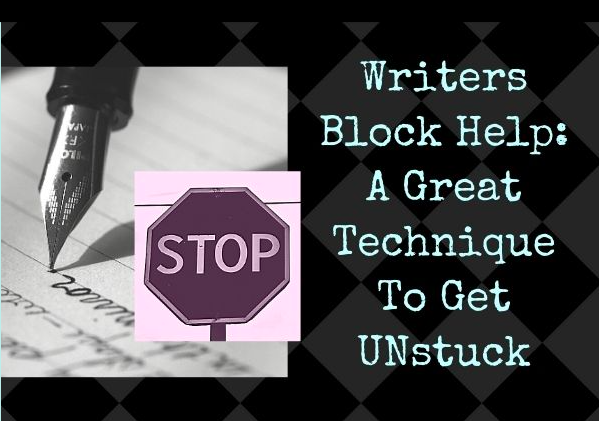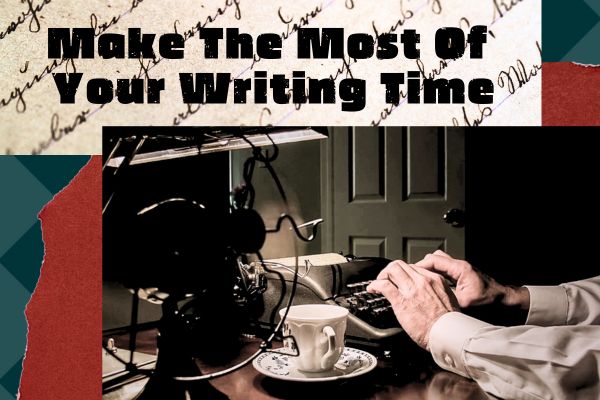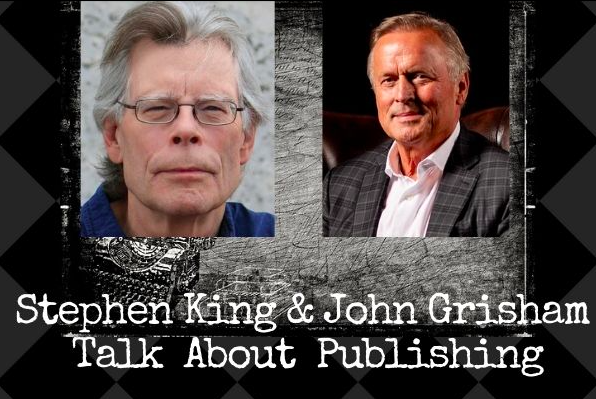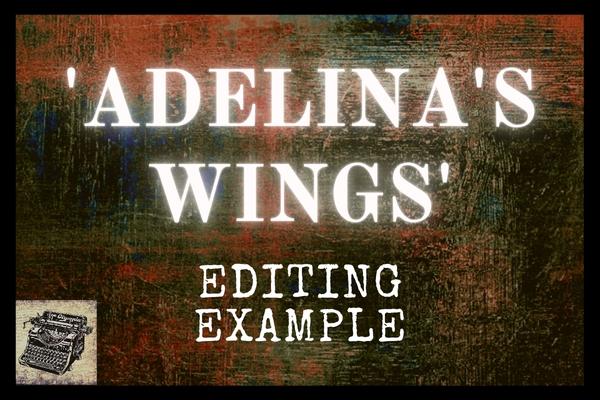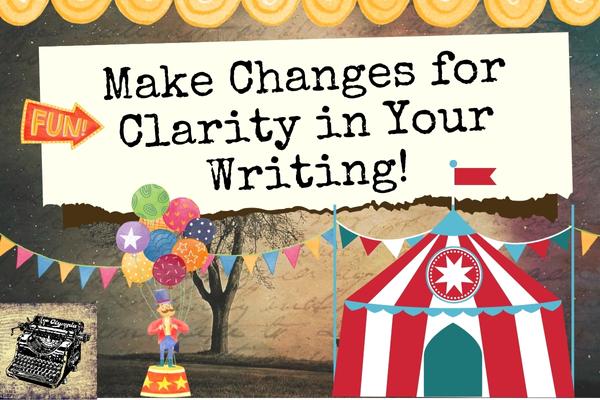When it comes to writing, many think a “hack” refers to a writer who produces low quality work.
Mostly, ‘low quality’ means a lack of originality, depth, and/or creativity. Yup. Movie script writers of that last few years come to mind. Movies all seem the same today, don’t they? Lots of chase scenes and action without a lot of character development or connection to much that seems real.
Isn’t that what we think of the writing hack as being someone who churns out formulaic manuscripts? It seems mostly just for the money or because they’re just too lazy to dig into their own imagination.
In this article we’re going to examine this idea of what a ‘hack’ is in a more substantial way.
This article was inspired by Steven Pressfield, best known as the writer of The Legend of Baggar Vance.
If you haven’t heard of it, Pressfield’s book The War of Art is a MUST read for any type of artist or creative person.
You can read this definition between ‘the hack’ and the real writer below. This is according to Pressfield, but he’s been in the business of writing for over 40 years. I think he’s got an extremely good point.
Below the text is video I created explaining the difference Pressfield talks about.
THE DEFINITION OF A WRITING HACK
“A hack, is a writer who second-guesses his audience. When the hack sits down to work, he doesn’t ask himself what’s in his own heart. He asks what the market is looking for.
The hack condescends to his audience. He thinks he’s superior to them. The truth is, he’s scared to death of them or, more accurately, scared of being authentic in front of them, scared of writing what he really feels or believes, what he himself thinks is interesting. He’s afraid it won’t sell. So he tries to anticipate what the market (a telling word) wants, then gives it to them.
In other words, the hack writes hierarchically. He writes what he imagines will play well in the eyes of others. He does not ask himself, What do I myself want to write? What do I think is important? Instead he asks, What’s hot, what can I make a deal for?
The hack is like the politician who consults the polls before he takes a position. He’s a demagogue. He panders.
It can pay off, being a hack. Given the depraved state of American culture, a slick dude can make millions being a hack. But even if you succeed, you lose, because you’ve sold out your Muse, and your Muse is you, the best part of yourself, where your finest and only true work comes from.
I was starving as a screenwriter when the idea for The Legend of Bagger Vance came to me. It came as a book, not a movie. I met with my agent to give him the bad news. We both knew that first novels take forever and sell for nothing. Worse, a novel about golf, even if we could find a publisher, is a straight shot to the remainder bin.
But the Muse had me. I had to do it.
To my amazement, the book succeeded critically and commercially better than anything I’d ever done, and others since have been lucky too. Why? My best guess is this: I trusted what I wanted, not what I thought would work. I did what I myself thought was interesting, and left its reception to the gods.
The artist can’t do his work hierarchically. He has to work territorially.”
Steven Pressfield From The War of Art
So there you have it. There is quite a difference between the hack and the authentic writer.
Clearly it has everything to do with perspective and motivation.
And let’s be honest… every writer has been a bit of a hack at times. Artist’s do need to sell their art if they are going to take it seriously.
